Your cart is currently empty!
Tag: NaturalFertilizers
With an increasing emphasis on sustainable agriculture, many cannabis growers are adopting organic cultivation methods that benefit both the environment and consumer health. This guide outlines key practices for organic cannabis cultivation, such as enriching soil with compost and mulch, using natural fertilizers like manure and kelp meal, and implementing organic pest control through companion…
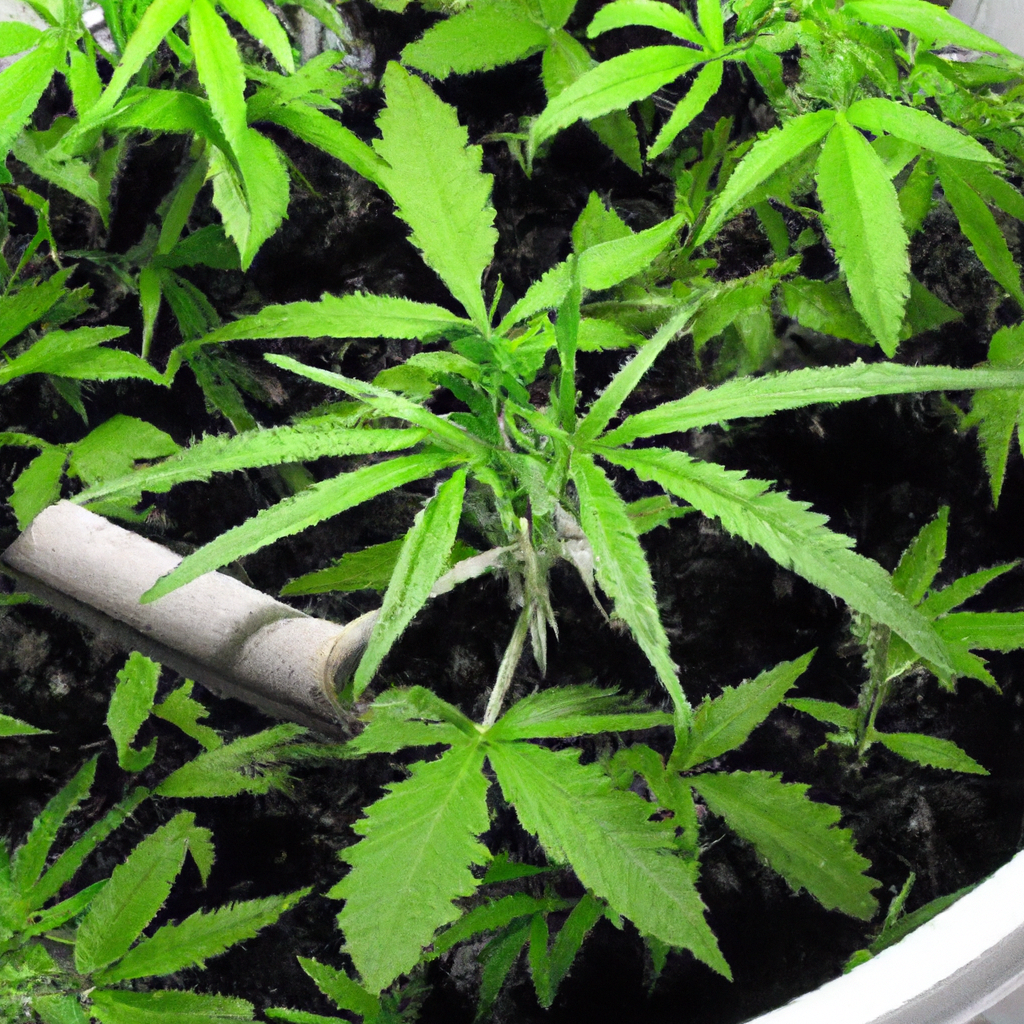
Growing cannabis can be highly rewarding, but pests pose a significant challenge. This guide explores organic pest control methods, such as Integrated Pest Management (IPM) and natural solutions like neem oil, diatomaceous earth, and companion planting, to safeguard your plants. IPM combines various strategies to effectively control pests while minimizing pesticide use, protecting beneficial organisms,…
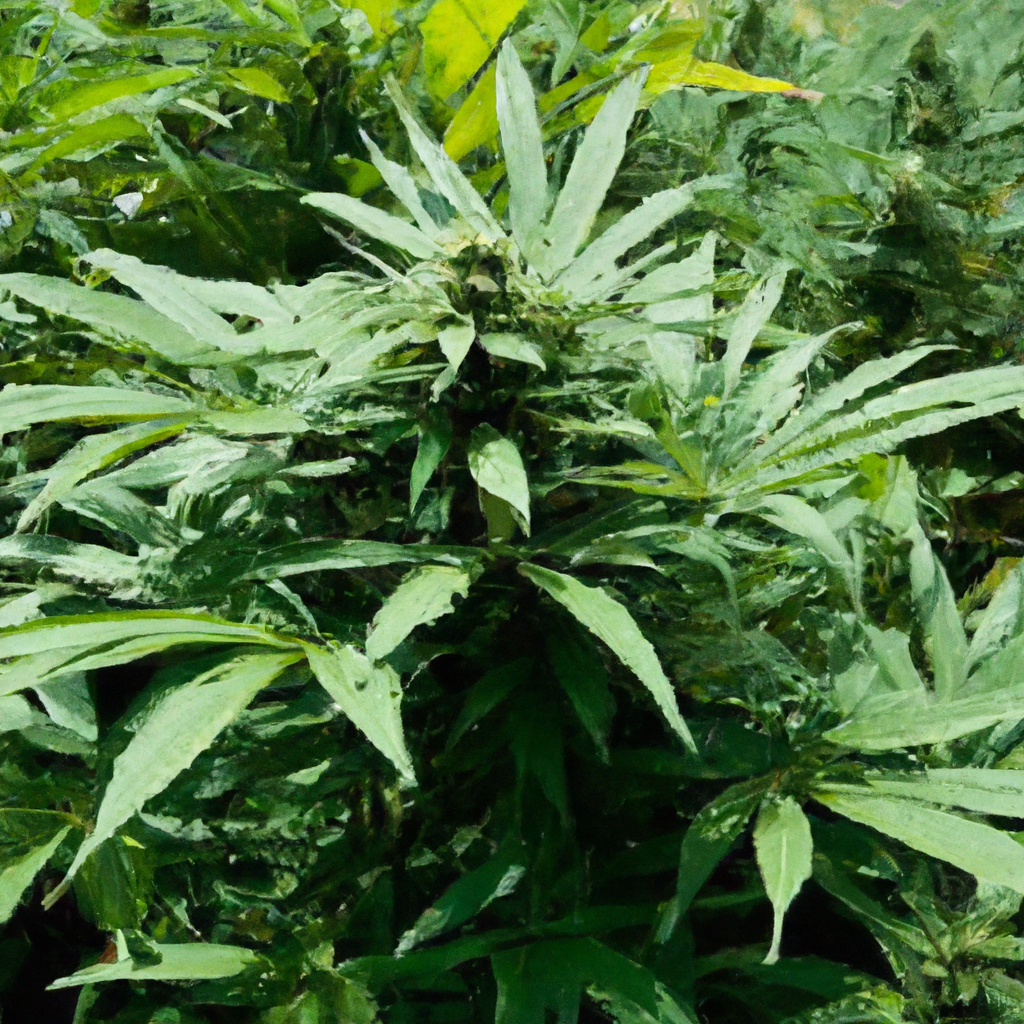
Organic cannabis cultivation prioritizes quality, sustainability, and health by integrating natural ecosystems. This approach enhances yields and supports environmental health through techniques like using natural fertilizers, composting, and pesticide-free methods. Building a robust soil ecosystem, avoiding synthetic chemicals, and employing natural pest control strategies, such as beneficial insects and neem oil, are key components. The…
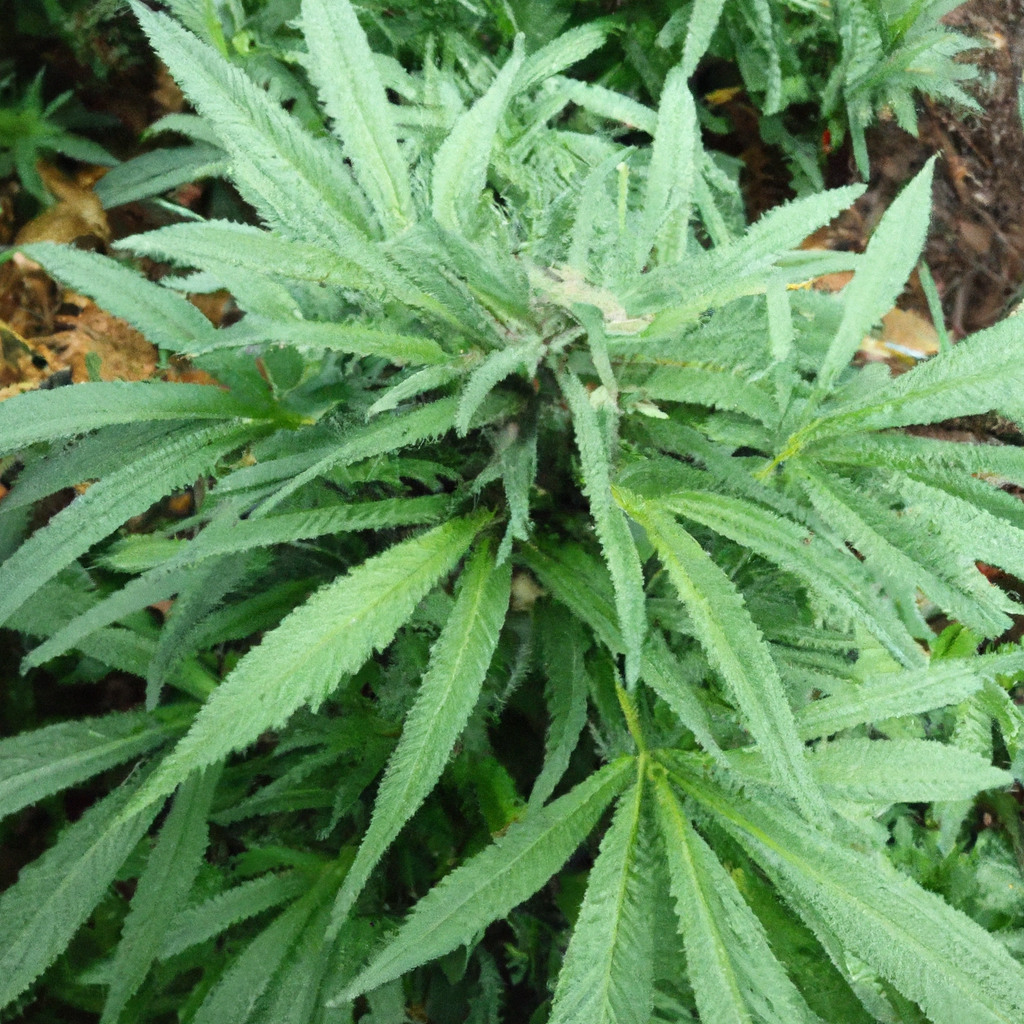
Organic cannabis cultivation is emerging as an essential practice in sustainable agriculture, emphasizing natural growth through healthy ecosystems. Central to this method is nurturing soil ecosystems with beneficial microbes, using compost, cover crops, and mulching techniques. Natural fertilization alternatives like worm castings, fish emulsions, and bone meal replace synthetic fertilizers, enhancing soil richness and plant…
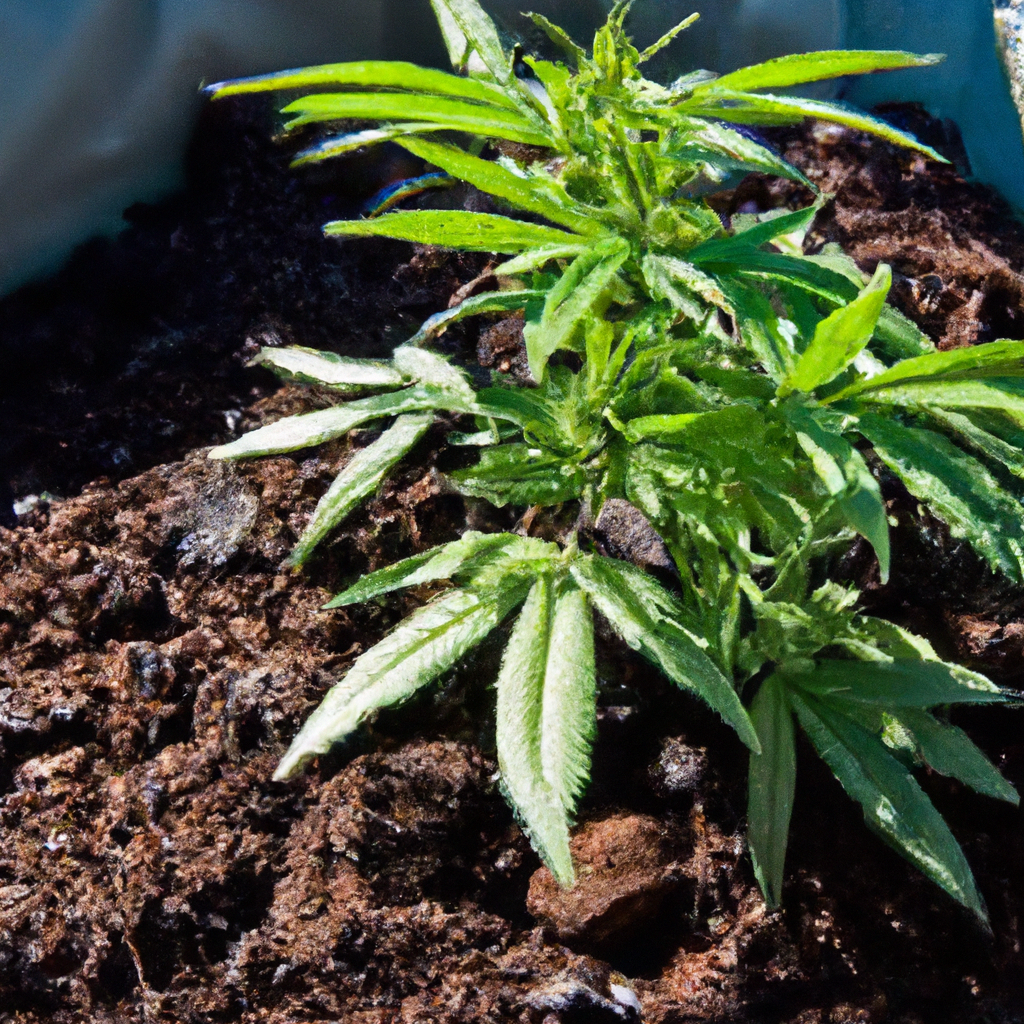
Organic cannabis cultivation is thriving as demand for sustainable products increases. By emphasizing natural fertilizers, composting, and eco-friendly pest management, growers can benefit the environment while producing cannabis with rich flavors and potent effects. Key practices include using compost, animal manure, and bone meal to enrich soil, building healthy soil ecosystems through beneficial microbes and…
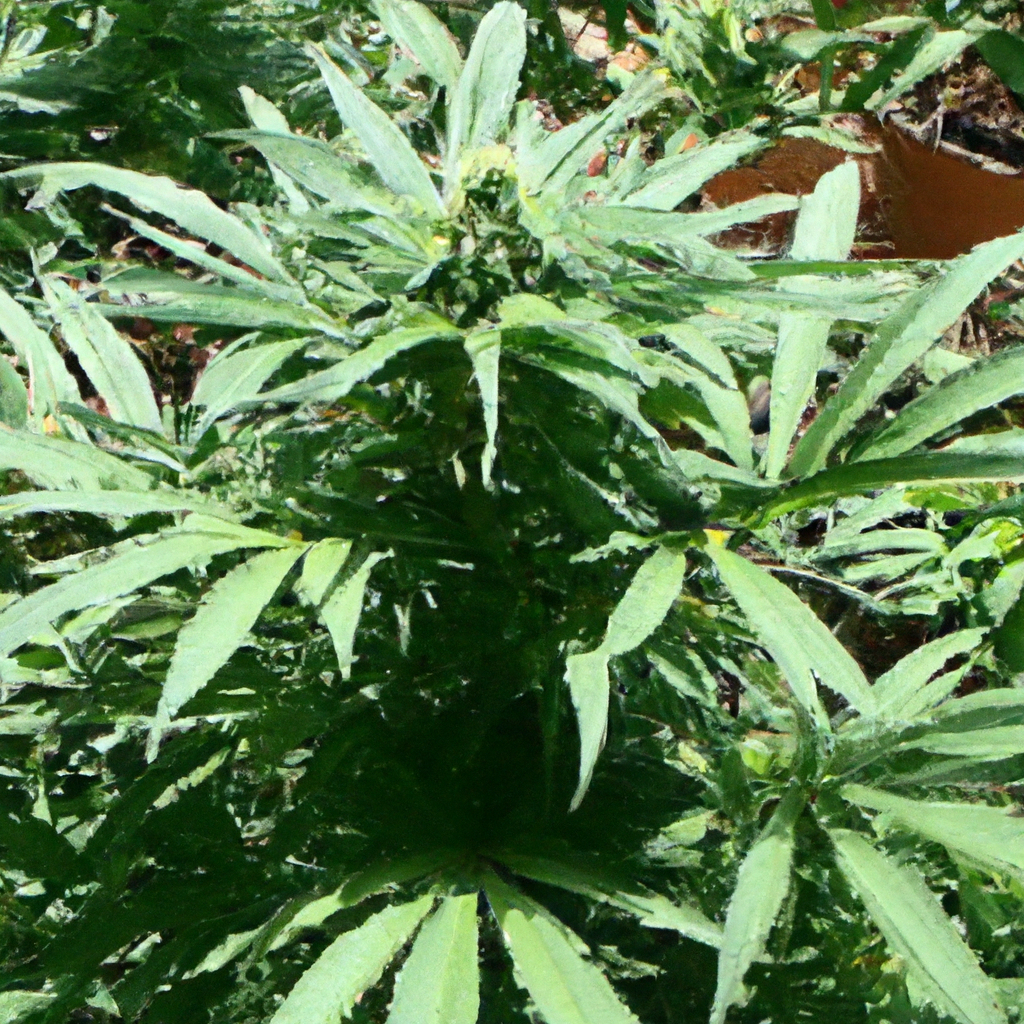
Organic cannabis cultivation is increasingly favored due to its eco-friendly practices and superior plant quality. This method avoids synthetic chemicals, emphasizing natural inputs like compost, organic fertilizers, and sustainable pest control. By building healthy soil ecosystems and utilizing natural pest control methods such as companion planting and neem oil, growers can produce cannabis that is…
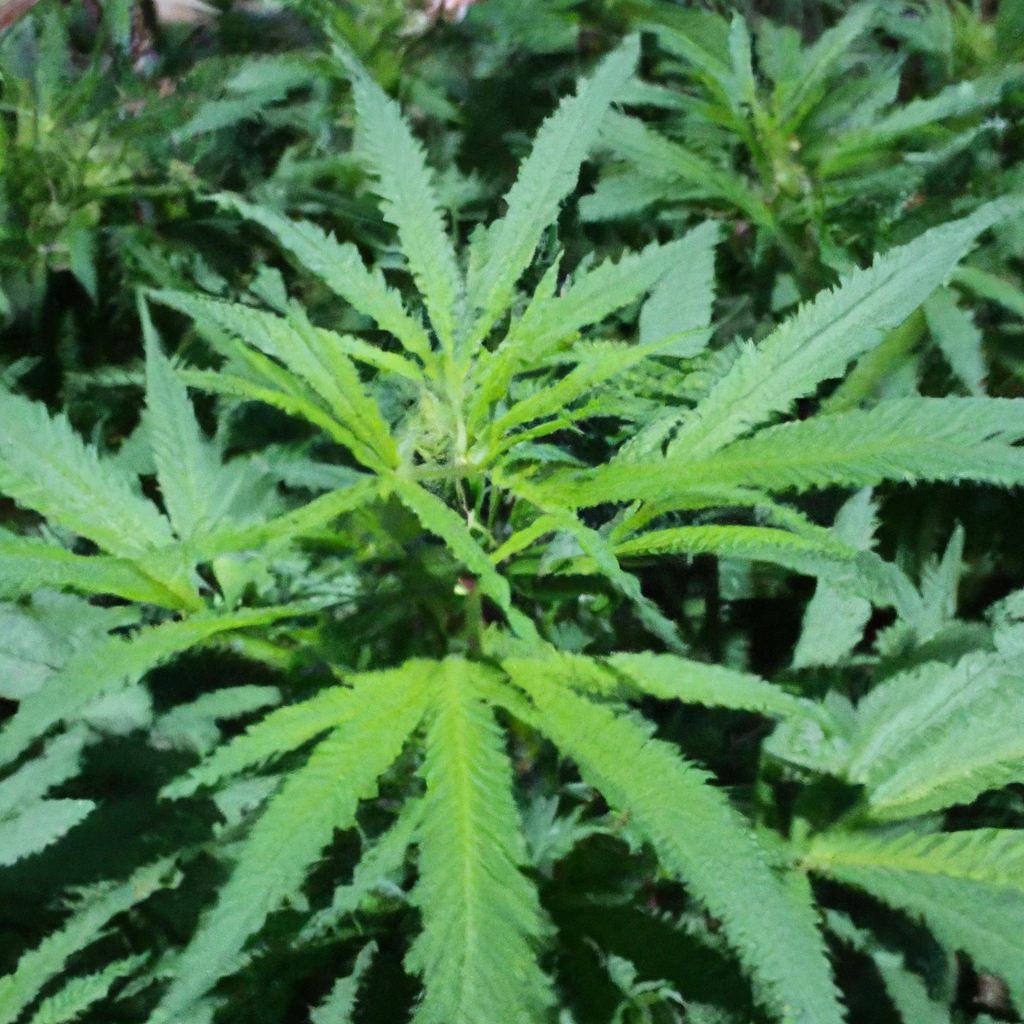
Organic cannabis cultivation focuses on creating a sustainable ecosystem that encourages healthy plant growth with minimal environmental impact. This guide highlights best practices such as building healthy soil through composting and natural fertilizers like bat guano, controlling pests with companion planting and beneficial insects, and using sustainable methods like water conservation and renewable energy. By…
As demand for eco-friendly products grows, organic cannabis cultivation, using natural fertilizers, compost, and organic pest management, provides a sustainable alternative. It emphasizes building a healthy soil ecosystem with methods like composting, cover cropping, and mulching. Organic fertilizers such as fish emulsion and bone meal ensure long-term soil health, while natural pest control uses beneficial…
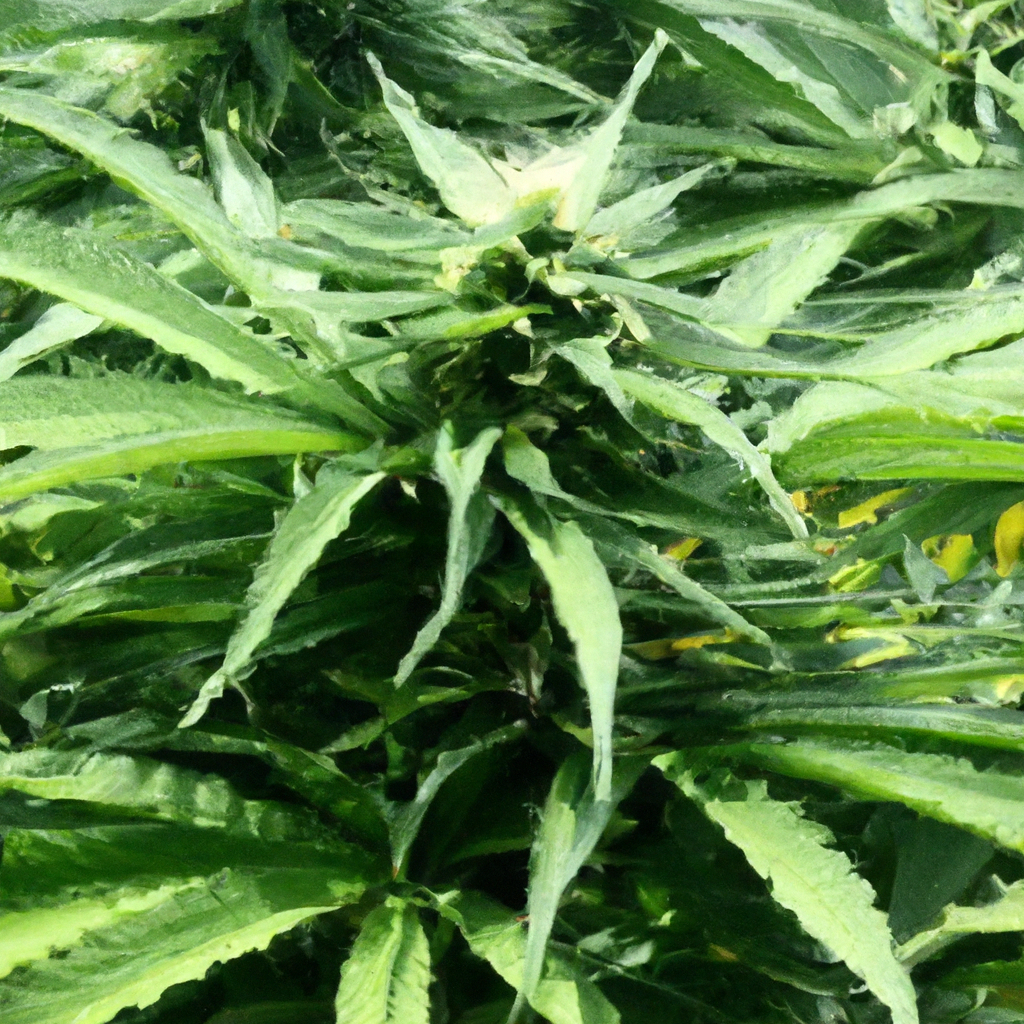
Embracing organic practices in cannabis cultivation benefits the environment and enhances product quality. This approach fosters soil health through compost, cover crops, and mulching, while natural fertilizers like fish emulsion and bone meal boost plant growth. Eco-friendly pest control methods, such as companion planting and beneficial insects, ensure a healthy crop without harmful chemicals. Ultimately,…
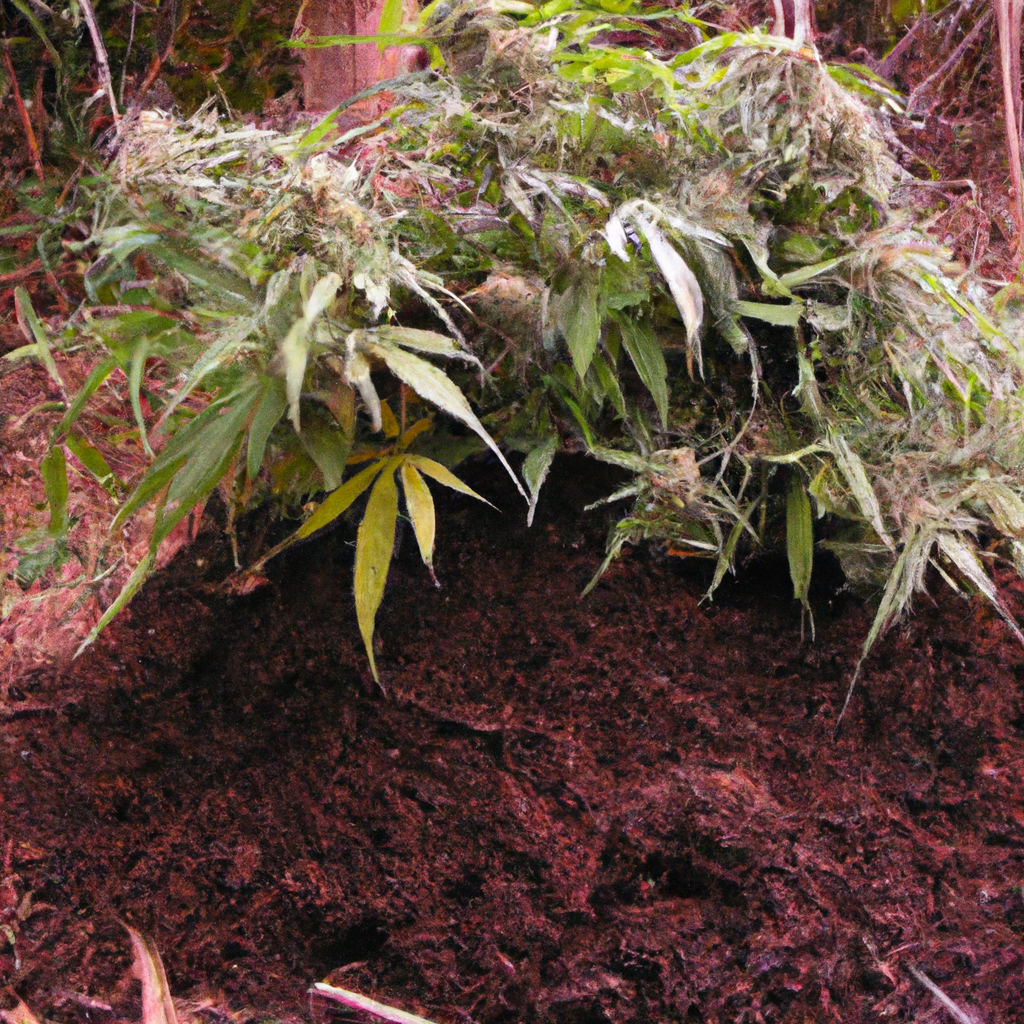
Discover the environmentally friendly benefits of organically grown cannabis with this guide to organic cultivation. Learn how to build a thriving soil ecosystem using composting, cover crops, and mulching. Explore the use of natural fertilizers like worm castings, bone meal, and seaweed extract to nourish plants without synthetic additives. Implement effective organic pest control through…
